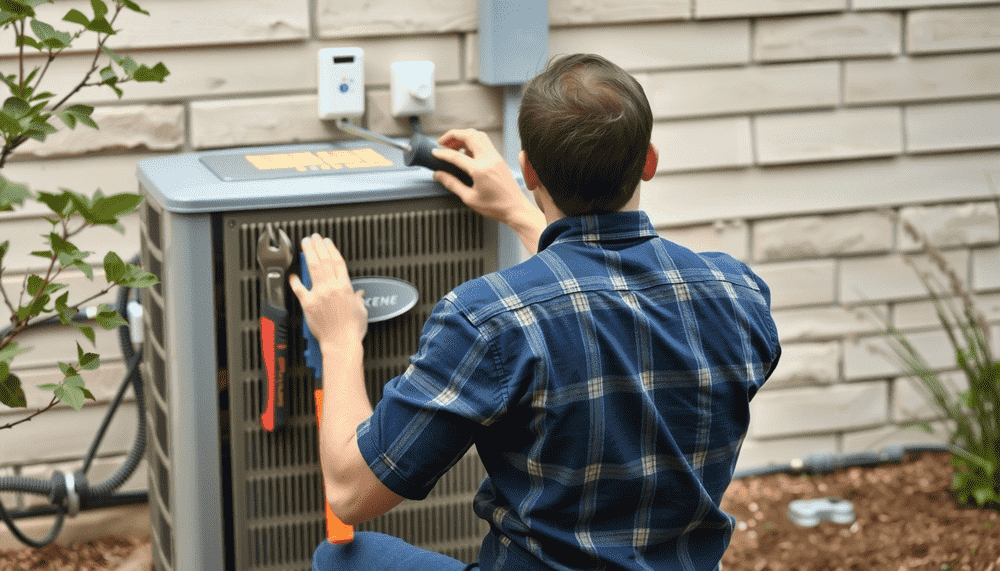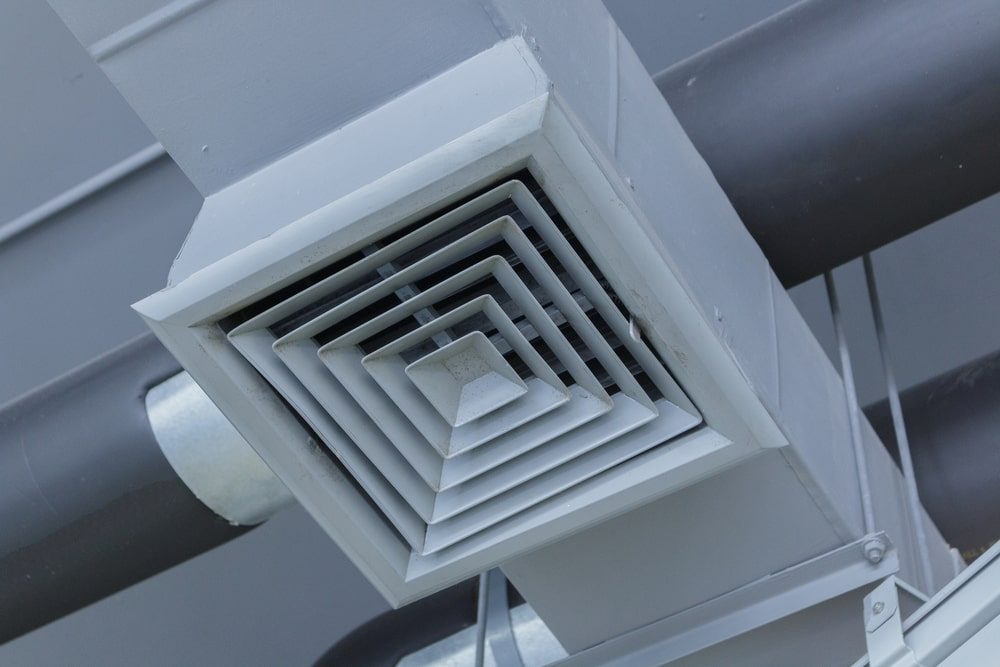
Your HVAC system plays a crucial role in keeping your home comfortable year-round, especially during the hot summers and chilly winters here in Virginia. But even with the best equipment, how you treat your HVAC system can make or break its performance and lifespan.
At The Otter Guys, we regularly help homeowners in Charlottesville, Waynesboro, Lake Monticello, and Culpeper fix problems that could have been prevented with a little proactive care. Whether you’re a new homeowner or have lived in your home for decades, it’s easy to make some of these common HVAC mistakes.
Here’s what to avoid – and what to do instead – to keep your system running efficiently for years to come.
1. Ignoring Regular Maintenance
This is by far the most common mistake we see. Your HVAC system, like your car, needs routine maintenance to run smoothly. Skipping annual inspections or tune-ups can cause:
- Lower efficiency
- Unexpected breakdowns
- Voided warranties
- Shortened system lifespan
What to Do Instead:
Schedule HVAC maintenance twice a year: once in the spring for cooling and once in the fall for heating. The Otter Guys offer affordable service agreements that include tune-ups, discounts, and priority scheduling, so you’ll never fall behind on care.
2. Forgetting to Change the Air Filter
Your air filter traps dust, debris, and allergens, but when it clogs up, it can restrict airflow and overwork your system.
What Happens If You Don’t:
- Reduced airflow and poor indoor comfort
- Higher energy bills
- More wear on blower motor and other components
- Risk of frozen evaporator coils
What to Do Instead:
Check your filter every 30 days, and replace it at least every 1–3 months, depending on usage, pets, or allergies. Set a calendar reminder or link it to another monthly task so you don’t forget.
3. Closing Vents in Unused Rooms
Many homeowners believe they can save energy by closing vents in unused rooms. Unfortunately, this puts unnecessary strain on your system.
Why It’s a Problem:
- Increases air pressure in ducts
- Can cause duct leaks
- Makes your system work harder, not smarter
- May lead to short cycling or uneven cooling
Better Approach:
Keep vents open and unobstructed for balanced airflow. If you want zoned temperature control, ask us about zoning systems or ductless mini-splits, which are designed for room-specific comfort.
4. Setting the Thermostat Too Low (or Too High)
Extreme temperature settings don’t cool or heat your home faster, they just make your HVAC system run longer, which can shorten its lifespan.
Common Mistake:
Setting the thermostat to 65°F in summer or 80°F in winter, hoping for faster results.
Best Practices:
- Set your thermostat to 78°F in summer, 68°F in winter (adjust for comfort)
- Use smart thermostats or programmable models to save energy when you’re away
- Avoid constant manual adjustments, which can confuse older systems
5. DIY Repairs Without Experience
Trying to fix your HVAC system without training can be dangerous and often causes more harm than good.
Potential Risks:
- Electrical shock
- Refrigerant exposure
- Voiding warranties
- Causing expensive damage
When to Call the Pros:
If you notice any of the following, it’s time to call The Otter Guys:
- Warm air from vents
- Unusual noises or smells
- Short cycling
- Unresponsive thermostat
- Tripped breaker when AC turns on
Our certified HVAC technicians have the tools and experience to troubleshoot issues safely and accurately.
6. Blocking Outdoor Units
Your outdoor condenser unit needs room to “breathe.” If it’s surrounded by bushes, fencing, or debris, it can overheat or shut down.
Avoid This By:
- Keeping 2–3 feet of clearance around the unit
- Clearing leaves, mulch, and branches regularly
- Avoiding tall grass or fencing that traps heat
Blocked airflow can cause your system to work harder, reduce cooling capacity, and lead to early failure of key components.
7. Oversizing or Undersizing Your HVAC System
If your HVAC system was not properly sized when installed, it can lead to poor performance and high energy costs.
Signs of an Oversized System:
- Short cycles (turns on/off frequently)
- Hot or cold spots in your home
- High humidity levels
Signs of an Undersized System:
- Constant running without reaching set temperature
- Uneven comfort
- High energy bills
Solution:
When installing a new system, make sure your contractor performs a Manual J load calculation, not just a square footage estimate. At The Otter Guys, we ensure every install is tailored to your home’s exact needs.
8. Ignoring Duct Leaks or Poor Insulation
Your HVAC system might be doing its job, but if your ductwork is leaking or poorly insulated, you’re losing money and comfort.
What to Watch For:
- Uneven temperatures
- Higher utility bills
- Whistling sounds from vents
- Excess dust in your home
Fix It With:
- Duct sealing and insulation
- Professional duct inspections
- Whole-home energy assessments
9. Not Knowing When to Replace the System
Many homeowners try to stretch their HVAC systems past their useful life. While this may seem like saving money, it can backfire with:
- Frequent breakdowns
- Spiking energy costs
- Poor indoor air quality
- Inconsistent comfort
Typical Lifespan:
- AC systems: 10–15 years
- Furnaces: 15–20 years
- Heat pumps: 10–15 years
If your system is nearing the end of its lifespan and needs constant repairs, it may be more cost-effective to replace it. We can help you compare options and find rebates or financing to make the transition easier.
Let The Otter Guys Help You Avoid These Mistakes
At The Otter Guys, we believe in doing things the right way, from the first service call to your long-term home comfort plan. Whether you need a quick repair, a full system replacement, or just a seasonal tune-up, we’re here to help.
We proudly serve Charlottesville, Lake Monticello, Culpeper, Madison, and nearby areas with honest, expert HVAC service. Our goal isn’t just to fix problems, it’s to help you avoid them in the first place.
Call The Otter Guys Today
Ready for better HVAC performance and peace of mind? Schedule a service visit or ask about our HVAC maintenance plans today.





